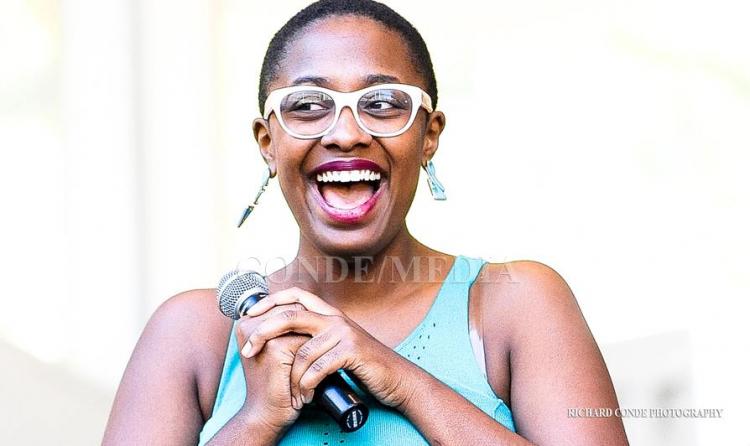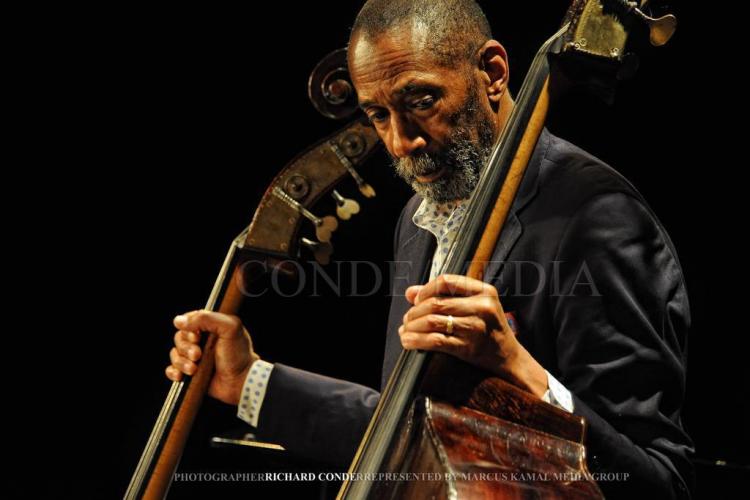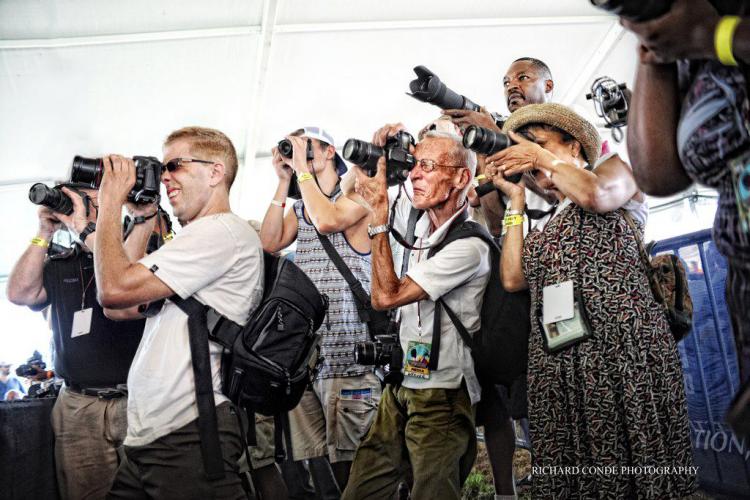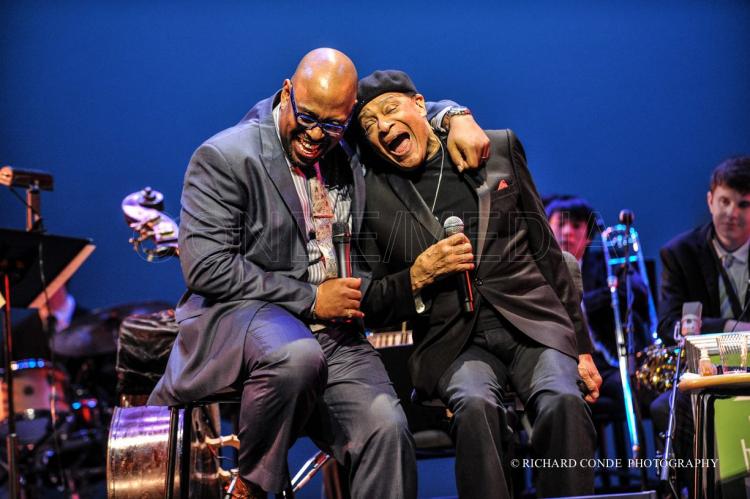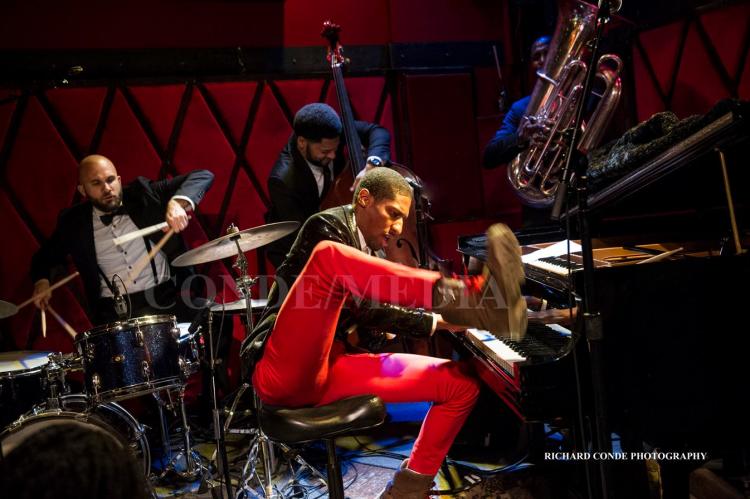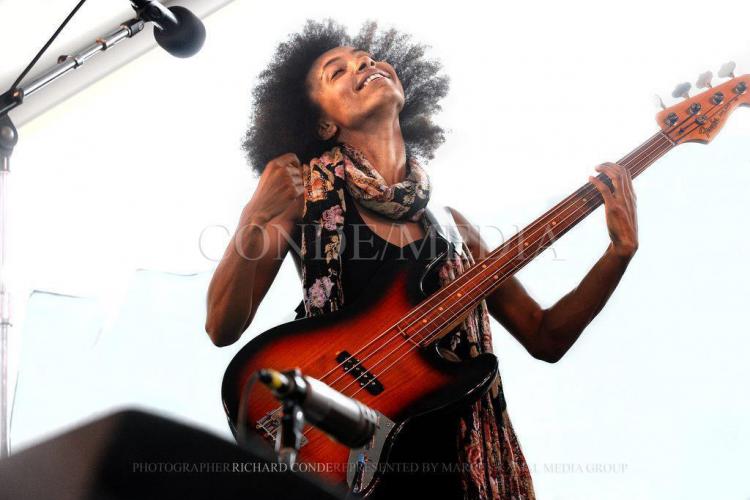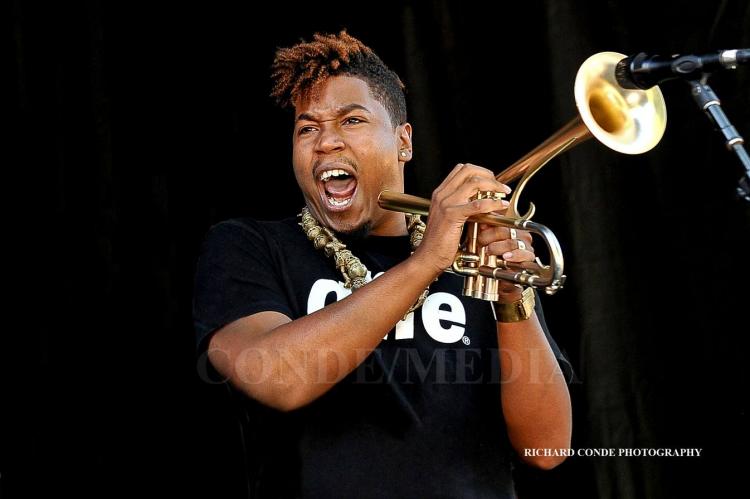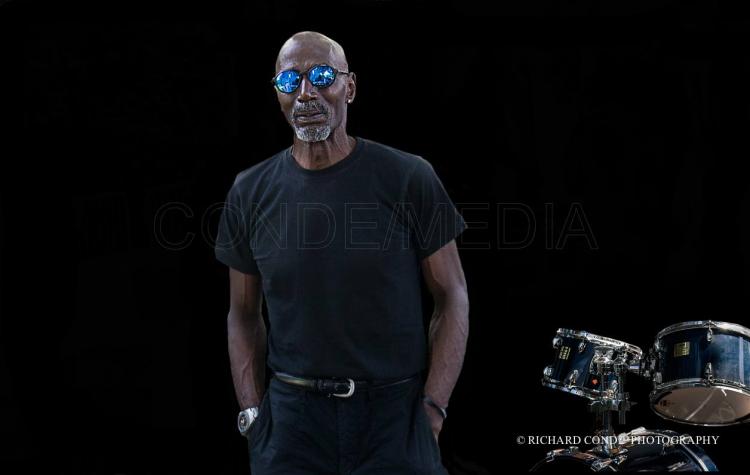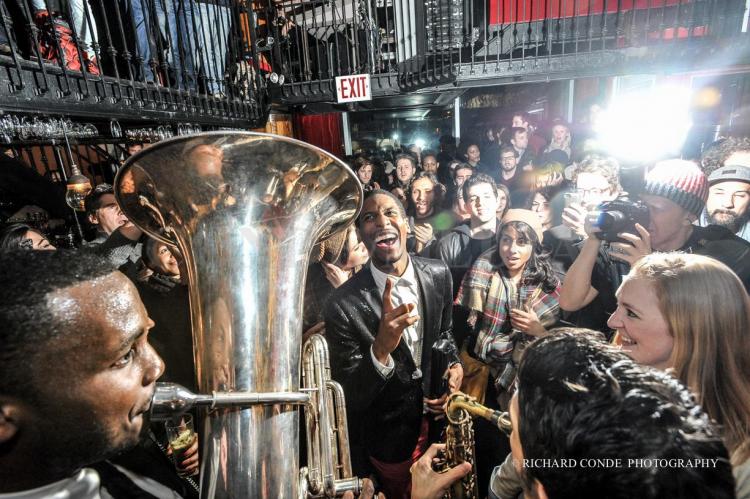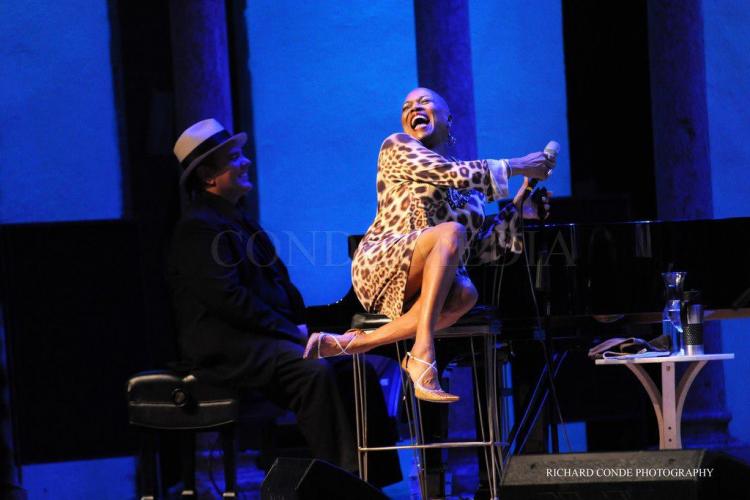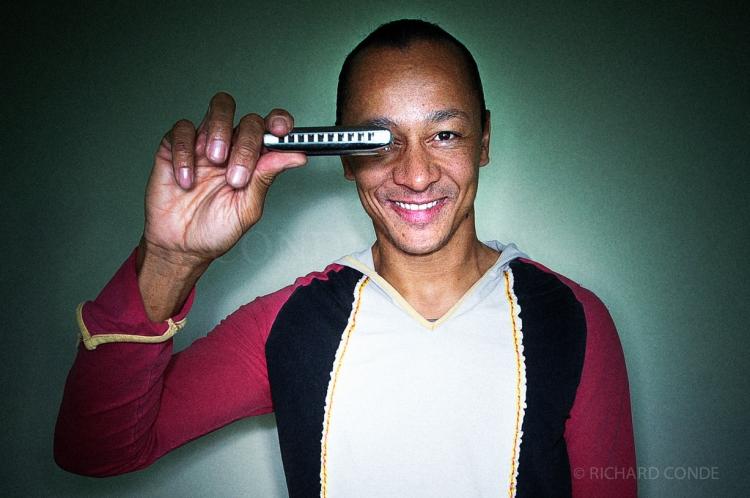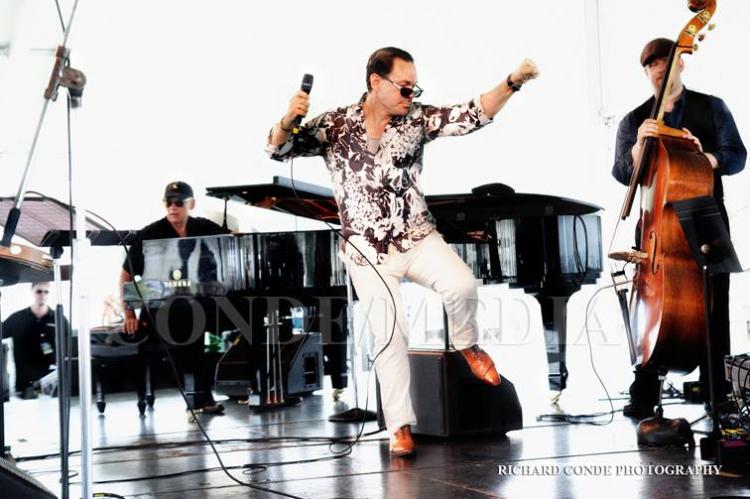17 November, 2014
Place of birth: New York City
Website
How did you ended up in jazz photography, starting from jazz or from photography itself?
For me it started back in NYC in the early 90’s. Trying to get autographs and photos from local jazz musicians with my point and shoot camera. I was a NYC Police officer at the time, so I never considered myself a photographer.
Is jazz your main activity as a photographer?
I shoot whatever interests me, jazz, travel and dance performance events. I am currently working a book project of photos I had taken of gorillas living in the Bronx Zoo.
Do you have any other activities related to jazz?
I am currently the house photographer for the Birland Jazz Club in NYC and the staff photographer for the National Jazz Museum in Harlem. I also work closely with the Jazz Foundation of America. Other activities include the festival photographer for the Newport Jazz Festival and the Exit 0 International Jazz Festival in CapeMay.
Do you stay in touch with the musicians that you photograph?
There are a handful of musicians I stay in touch with.

How important are social networks in your work?
Its a means to and end, Facebook and Flickr has helped my work reach a wider audience.
In jazz words, how would you label your most recent work: mainstream, fusion, free, avant-garde…?
Being a self-taught photographer has forced me to evolve and adapt to any situation. I guess I would fall into the improvisational category.
Can you tell me 3 features of jazz photography that make it so interesting to your eyes?
The music, lighting and coming home with great pictures.
Do you think that there’s a relationship between the quality of the music in a concert and the quality of the photographs you take there?
The music certainly effects the quality of the photos I produce. The worst feeling in the world is to shoot a live concert but you can’t appreciate the music.
What side of jazz photography is more attractive to you, the creative side or being a jazz reporter?
I am a artist first and a reporter second. A National Geographic photographer said to me “you can tell how good a photographer is by how short his lens is”. A short lens means you have developed a relationship with your subject. The closer you are to your subject the better the photo will be. You can’t do that with a 70-200 lens.
Some so called ‘jazz festivals’ diversify their offer in favor of other styles of music. Do you think that this trend is a thread for the consistency of jazz photography?
This music is evolving and changing so fast. All the legends are passing and so is the quality of the music. Jazz photography will always reflect the times and direction of this music.
Can you recommend a contemporary jazz photographer?
There are so many, I admire any photographer who has a artistic eye and has gone past the point and shoot phase of photography. Photographers Ernest Gregory and Yuki Tei are good examples of this.
Thanks, Richard

